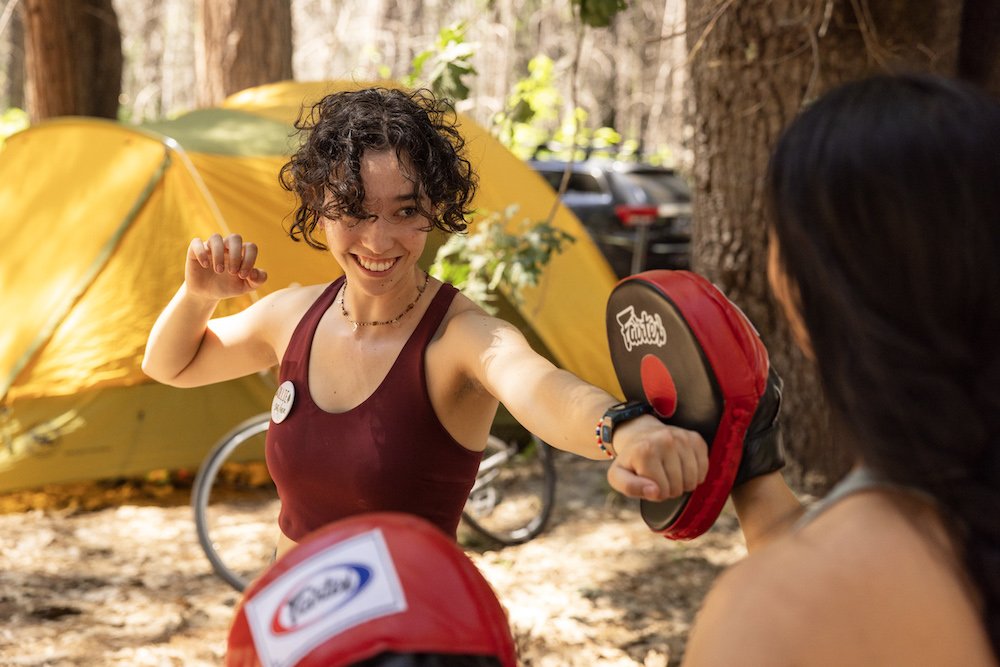United in Yosemite
Due to an Executive Order issued on January 20, 2025, the American Alpine Club has been forced to cancel this summer's United in Yosemite event. Thank you to all of our partners, volunteers, and attendees who helped to make this event possible in years past.
A festival celebrating diversity in climbing.
Most every climber, no matter their background or preferred discipline, can understand the allure of Yosemite granite. That’s why the AAC is so excited to partner with Yosemite Conservancy for a third year of the United in Yosemite festival.
United in Yosemite is a festival dedicated to celebrating the growing diversity of the climbing community in one of climbing’s most beloved landscapes. The event takes care of the logistics of visiting Yosemite, and provides an inclusive space designed by affinity groups leaders, so that climbers from historically marginalized backgrounds—including Black, Indigenous, people of color, LGBTQ+, and people with disabilities—can connect, mentor each other, and share joy, without the stress of navigating barriers to access.
Because this is a free, intimate event, dedicated to creating a tight-knit experience in the Valley, there are 100 spots available for attendees, available by lottery. Keep your eyes peeled for the lottery process, beginning in early March. This event is designed with new and intermediate Yosemite rock climbers in mind.
2024 Photo Gallery
Explore the magic of United in Yosemite 2024 with the photo gallery shot by Sabrina Claros.



























Our Mission
Provide meaningful and culturally appropriate mentorships for climbers from historically marginalized groups so they can be empowered to achieve their climbing goals, thrive amongst community, and develop strong relationships with the land.
Our Team
United in Yosemite is a project of the American Alpine Club and Yosemite Conservancy. Clinics presented in partnership with Yosemite Mountaineering School and Yosemite Hospitality. Yosemite Mountaineering School is the official guide service of United in Yosemite. Visit each organization's page to learn more!

